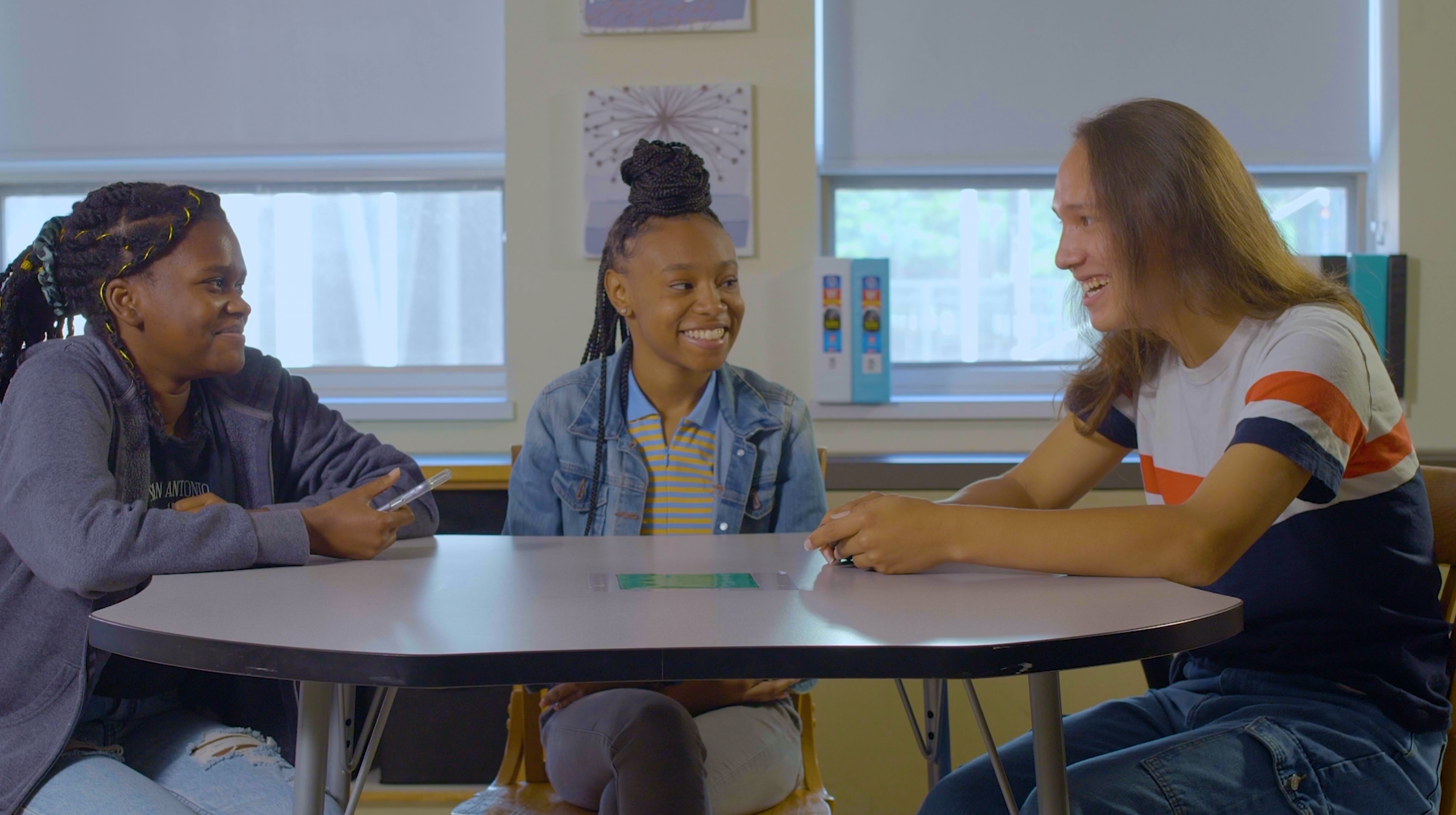
Introduction
Self-advocacy is an essential skill for students, especially those in special education. It involves speaking up about our needs, communicating our thoughts and feelings, and being honest with ourselves. Knowing how to self-advocate with friends can help students build strong relationships, feel comfortable expressing their preferences, and ensure they are treated fairly. In this blog post, we will explore a no-prep activity for teaching self-advocacy with friends, followed by discussion questions, related skills, and next steps.
No-Prep Activity
This no-prep activity, called “What Would You Say?”, encourages students to practice self-advocacy with friends using real-life scenarios. Here’s how it works:
- Begin by having students sit in a circle or small groups.
- Provide a few scenarios that require self-advocacy, such as a friend playing music too loudly, someone borrowing money and not paying it back, or a friend engaging in teasing behavior.
- Ask each student to think about how they would address the situation, considering the key aspects of self-advocacy: speaking up, sharing information, and using a friendly tone of voice.
- Have each student share their response with the group.
- Encourage group members to offer feedback and discuss alternative ways to handle the situation.
This activity not only helps students practice self-advocacy skills but also promotes open communication and understanding among peers.
Discussion Questions
- Why is self-advocacy important, especially in friendships?
- How can self-advocacy help build stronger relationships with friends?
- What are some challenges you might face when trying to self-advocate with friends?
- How can you ensure that your tone of voice is friendly and respectful when self-advocating?
- Can you think of a situation in which you successfully self-advocated, and what was the outcome?
Related Skills
Developing self-advocacy skills can also benefit students in other areas of social-emotional learning. Some related skills include:
- Active listening: Being attentive and responsive to others’ needs and concerns is crucial for effective communication and self-advocacy.
- Assertiveness: Assertiveness helps students express their needs and preferences confidently without being aggressive or passive.
- Empathy: Understanding and sharing the feelings of others can help students become more compassionate and supportive friends.
- Conflict resolution: Knowing how to address and resolve conflicts is an essential part of maintaining healthy friendships and practicing self-advocacy.
Next Steps
If you’re interested in exploring more resources and activities to help your students develop self-advocacy skills with friends, consider signing up for free samples of these materials and others at Everyday Speech. By incorporating these principles into your curriculum, you can empower your students in special education to build strong relationships, communicate effectively, and advocate for their needs and preferences.

